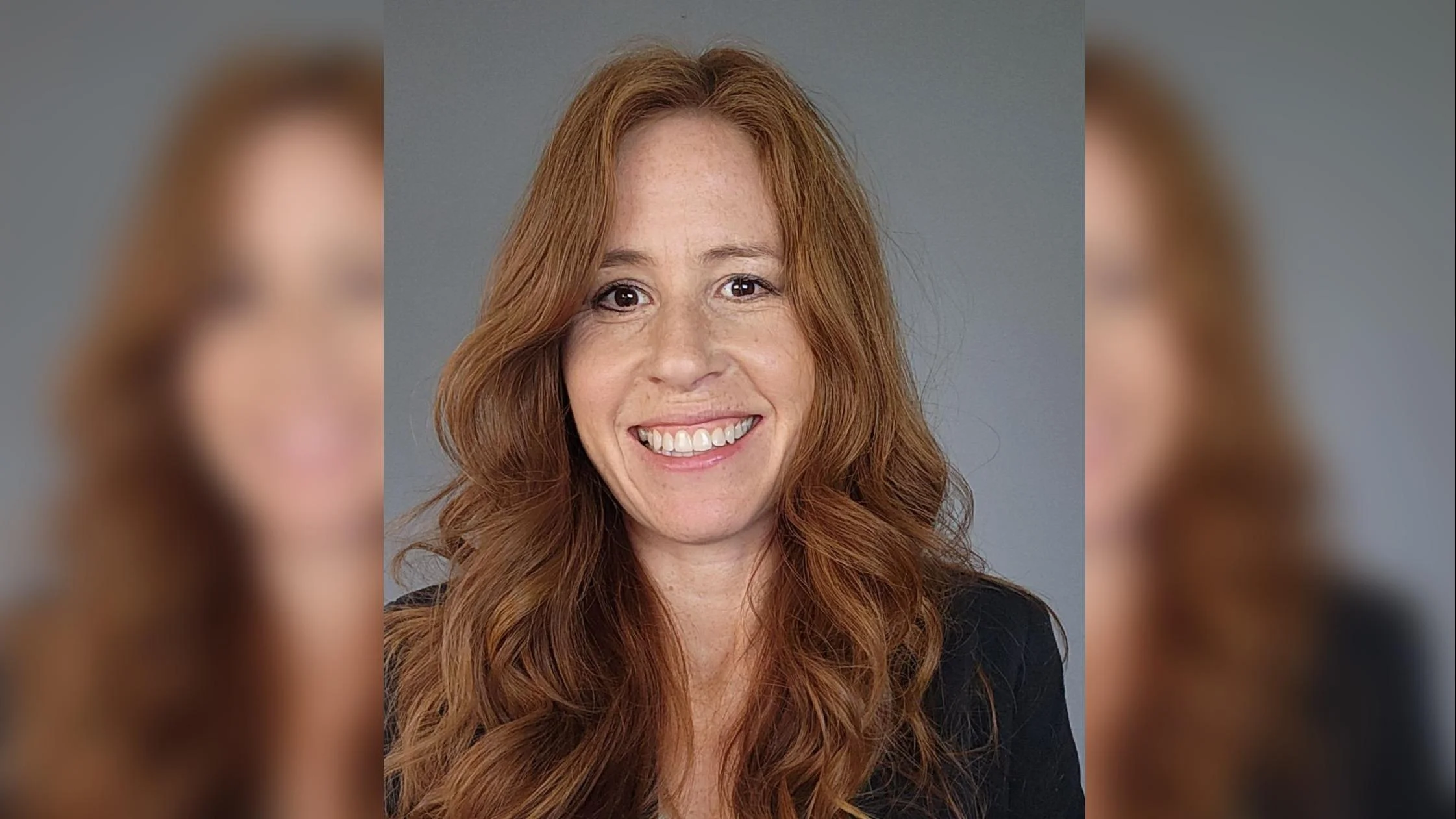JoLynn Shopteese Tribal Liaison | Minnesota Department of Agriculture
JoLynn Shopteese Tribal Liaison | Minnesota Department of Agriculture
The Minnesota Department of Agriculture's Rural Finance Authority (RFA) Board has declared an emergency for three animal diseases, enabling the release of zero-interest Disaster Recovery Loans to Minnesota farmers. The diseases in question are avian Metapneumovirus (aMPV), highly pathogenic avian influenza (HPAI), and the H5N1 flu virus. These loans are available to farmers whose livestock operations have been impacted by these diseases from February 12, 2025, to February 12, 2026.
Minnesota Agriculture Commissioner Thom Petersen commented on the decision: “The RFA Board’s declaration is an important step in helping Minnesota farmers affected by these three animal health diseases. I encourage those who have faced livestock losses to explore these zero-interest loans.”
aMPV is known as a highly infectious respiratory disease that affects poultry, leading to significant immunosuppression and secondary infections in birds. Since April 2024, Minnesota has reported 871 positive aMPV tests, though this number likely underrepresents actual cases statewide.
HPAI poses a serious threat as a contagious viral disease affecting domestic and wild birds with fatal outcomes. Since March 2022, there have been 185 cases in Minnesota impacting approximately 9.1 million domestic birds, predominantly turkeys. In 2025 alone, four HPAI cases have been documented.
While H5N1 primarily causes HPAI in poultry, it can also affect dairy cows and other animals but rarely results in fatalities among cattle. The outbreak first appeared in Texas dairy cattle in March 2024 and reached Minnesota by June of the same year; no new cases have been reported so far in 2025.
The Disaster Recovery Loan Program provides financial assistance to support farmers following declared disasters or hardship events like animal disease outbreaks. The funds cover expenses not insured elsewhere, such as replacing flocks or livestock, building improvements, or compensating for revenue loss due to confirmed presence of one of the specified diseases. Eligible farmers collaborate with local lenders to secure these loans through the RFA.
The RFA functions as the state's agricultural lender focused on developing farm resources through various low-interest loan programs for farming activities.
Further details about eligibility requirements can be accessed on the Disaster Recovery Loan Program webpage.






 Alerts Sign-up
Alerts Sign-up